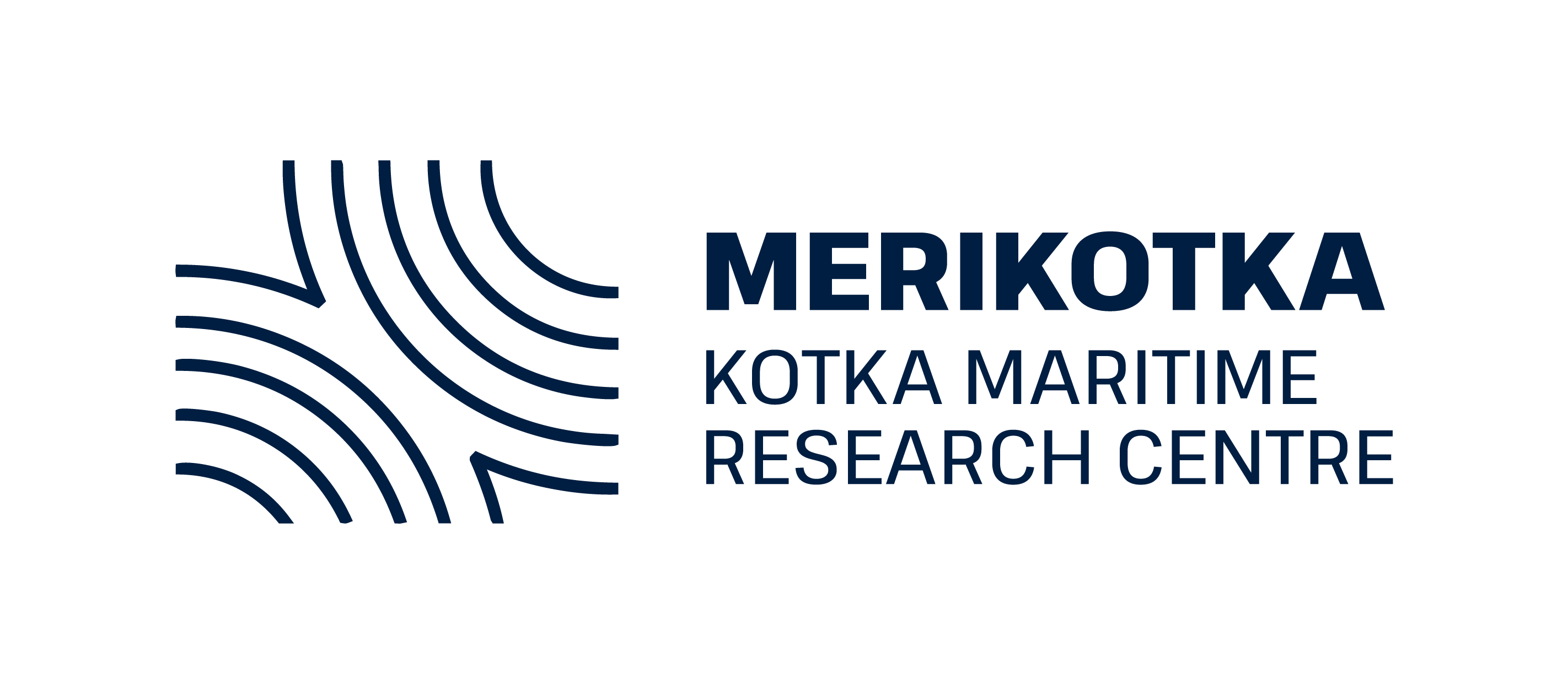Making sure vessels’ port calls are as efficient as possible is a common goal for all parties in the transport chain. Generating more accurate and up-to-date data on their arrivals and departures may enable savings and a better allocation of resources. While previous research has concentrated on arrival time data, we are now looking into the quality and availability of departure time data.
How is departure time data composed, transmitted and updated?
Points of improvement have been identified in the quality and availability of the schedule data of vessels departing from ports. Problems with the up-to-dateness or transmission of data may complicate the planning of towing, pilotage and icebreaking activities, thus causing disturbances and extra expenses for the entire transport chain. The impact of such consequences may reach as far as the port of destination of the vessel in question.
The Lähtöaika project investigates the factors behind the generation and transmission of such schedule data, and assesses its quality and availability from the perspective of cooperation between the various actors involved in port traffic. Data is collected from interviews with port actors and other experts. We also aim to bring different parties together to reflect on the development of data transmission in the context of the new tools afforded to them by digitalization.
This research is conducted in support of the ongoing DigiPort project, which looks into digitalization in ports and develops ways to utilize open data. Accurate departure time data is also an essential prerequisite in the development of digitalization in the maritime traffic sector, e.g. with regard to its automation and remote pilotage.
Funding
The total budget for the project is 20,106 euros. Funding is provided by the Regional Council of Kymenlaakso AIKO programme and the Merenkulun säätiö foundation.

